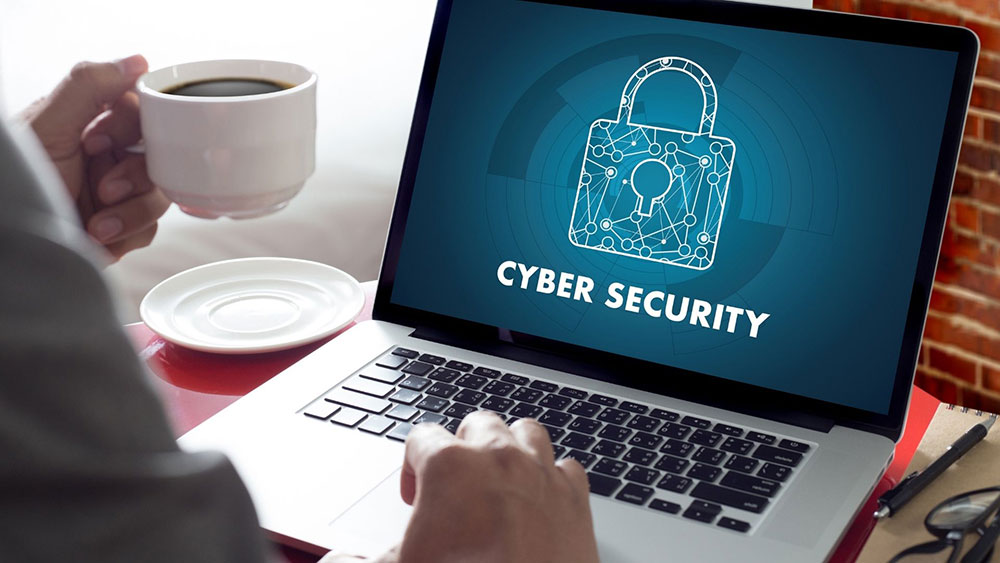Home / Handy Tips /
No computer user is above the threat of cybercrime. Follow these five simple cybersecurity tips and reduce your risk.
Cybercrime is a significant issue. The Australia Cyber Security Centre receives one incident report every 10 minutes, a staggering figure that’s only set to rise in 2021. Ransomware is the biggest threat, with hackers locking people’s systems and demanding payment in return for its release.
Unfortunately, many users don’t see themselves as cybercrime targets. In reality, we are all at risk. While there’s nothing we can do to eliminate that risk entirely, there are several simple changes we can make to protect ourselves, our families, our businesses, and our personal information.
Five must-know cybersecurity tips
1. Question everything
Don’t believe every email, text message, or social media ad you see. Scammers are not stupid, and many do an excellent job making their fakery look legitimate. They pay for well-written copy, steal logos, create fake websites, spoof caller ID, and interact via trustworthy-looking email addresses. With all this in mind, how can you weed out the scams – whether than be scam emails or Facebook scams – from genuine correspondence?
- Look for spelling mistakes. Some scammers pay for quality copy, but most don’t.
- Never give out your personal information via email or phone (unless you called the organisation yourself).
- Don’t download attachments from emails you do not recognise.
If you’ve received an email or text supposedly from an institution you trust – like your bank – contact them directly to check whether it’s legitimate.
2. Secure your personal information
Scams are becoming increasingly sophisticated, with malicious users leveraging a nasty bag of tricks to dupe you into divulging personal information like account numbers, email addresses, and passwords.
If you receive a phone call from someone claiming to be from your internet service provider, bank, or other organisation asking for your password or PIN, hang up. Put the phone down even if they claim they need the information to remove a computer virus or put a stop to fraudulent transactions.
Those that actually need your login credentials already have them.
3. Be cautious of links and attachments
Clicking on a link in an email or social media post is almost second nature. If it catches our eye, we click without thinking. The same goes for opening email attachments. If the email claims the attachment contains shipping information or an invoice, we’ll likely click without thinking.
In 2021, be cautious with your cursor. Ransomware and other viruses are often hidden behind attachments and links.
4. Know that real prizes come free
Ever received an email or text claiming that you’re the lucky winner only to click on the link and be asked to hand over your cash to claim your prize? Know that if a contest is legitimate, you will not be required to pay anything – not a processing fee or shipping.
5. Keep kids safe
Even if you are well-versed in detecting scams, other computer users in your home may not be. This includes children.
Kids are exposed to a cacophony of images, words, and videos online, and may not be able to discern the innocent from the malicious. Protect your kids against scams and explicit content with a quality web browser filter and other parental controls.
Level up your computer security
The above cybersecurity tips are just a starting point. Scams are always evolving, and it’s crucial that you keep on top of your security efforts. Antivirus software, email and web browsing filters, privacy settings, and other tools help minimise security threats. For expert guidance, get in touch with the team at Computer Cures. We’d be more than happy to discuss your computer security needs.










Leave A Comment